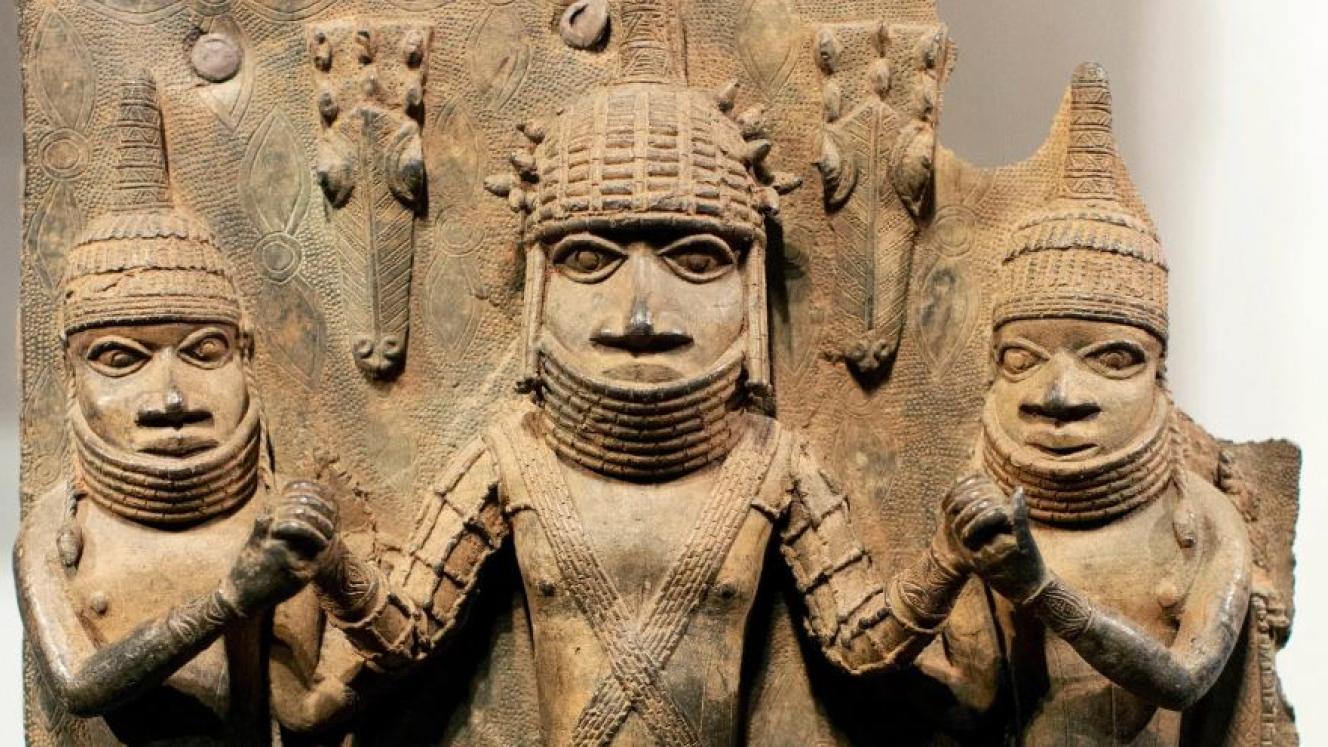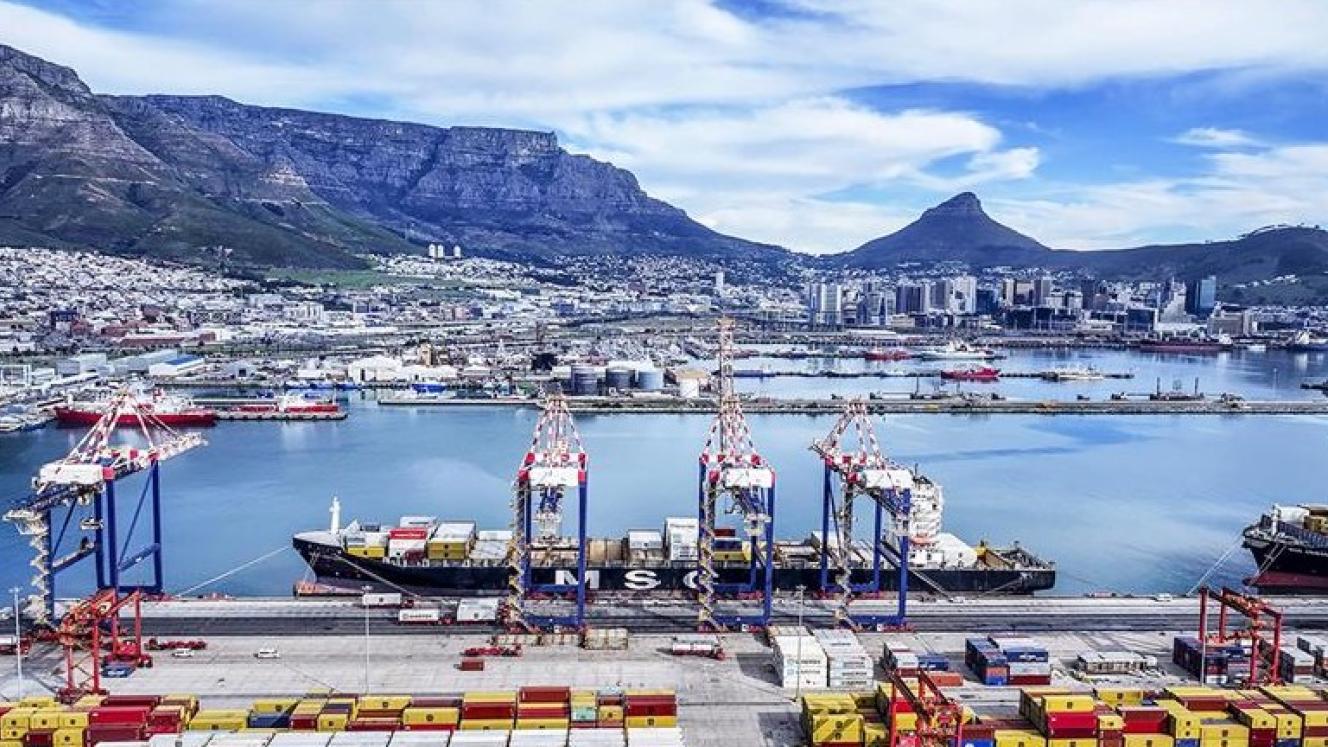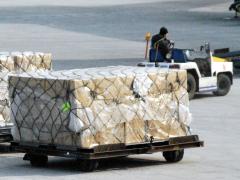Against a background of ongoing discussions about the repatriation of African art looted from the continent during colonial and pre-colonial times, European museums have raised concern over the secure shipment of high-value items and related logistics risks as well as storage safety if the artefacts are repatriated.
That’s according to economist Felwine Sarr and historian Bénédicte Savoy, researchers commissioned by French President Emmanuel Macron to look into the matter.
Together they published a report back in 2018 – “On the Restitution of African Cultural Heritage: Towards a New Relational Ethics.
Having submitted their report for input to various stakeholders, Sarr, who visited Johannesburg earlier this week, cited secure carriage as one of the comments that routinely cropped up.
Business Day columnist Chris Thurman writes: “Most of the responses came in the form of questions about the legitimacy of claims to ownership and about logistics. How would the artefacts be transported? Where would they be deposited? Did the African countries to which they were being returned have the capacity to ‘look after’ them properly? Would they be ‘safe’?”
Should Africa galvalnise its efforts in this regard, one only needs to look at some numbers to understand what a monumental logistical exercise the restitution of art and artefacts back to the continent could become.
Apparently there are 70 000 items that could face repatriation claims in France alone, with a similar quantity housed in the British Museum. As for Belgium, it’s said to hold the equivalent of France and Britain’s colonial art and artefacts bounty put together, or around 140 000 items of African heritage.
Dominating discussions in recent times over items of cultural expression that were taken from Africa are the so-called Benin bronzes, a selection of about 1000 plaques that were looted by British soldiers from the Kingdom of Benin more than a century ago.
Currently held in several museums across Europe, with most of them on display in the British Museum, an agreement has been reached with the countries holding the plaques and advocacy organisation the Benin Dialogue Group (BDG) to have some of the plaques returned for an exhibition in the Benin Royal Museum in Edo State in Nigeria.













